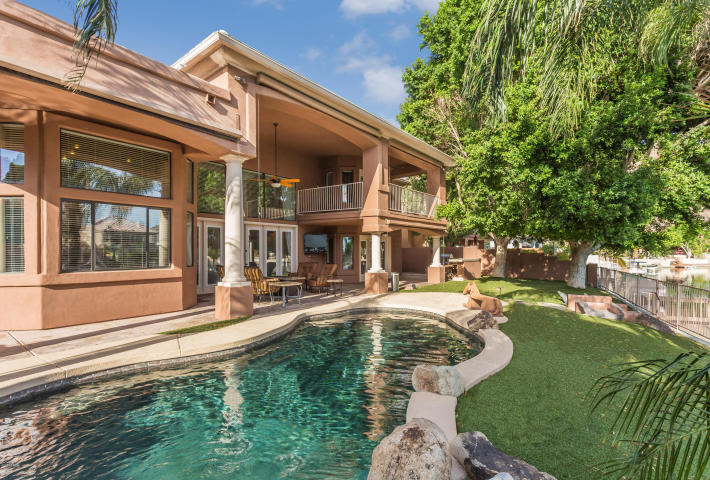
14 Aug What is a Leasehold Mortgage?
When you’re buying or selling a home, it’s important to understand the different types of mortgages you may encounter. They aren’t all the same, and they can get a little difficult to understand if you don’t do a little prior research or consult with a lender. This is usually a type of mortgage that affects commercial properties, but this isn’t always the case. Learn what a leasehold mortgage is in the event you come across this term during your buying or selling experience.

The Basics: Whether you’re buying land or buying a building, when you take out a mortgage to make your purchase, part of the collateral for the mortgage becomes the property you’re purchasing. This is true no matter what you’re buying, and it’s the reason why a bank or lender can repossess a home that hasn’t had its mortgage paid in a long time.
However, if you’re leasing a property or a piece of land, such as in the event of an office or a business that’s located in a commercial site available for lease instead of for purchase, you yourself don’t own the property. This means that the property can’t be used as collateral against your loan.
With a leasehold mortgage in place, the buildings on the property can be used as collateral even if the land itself can’t be.
Additional Possibilities: If the owner of the property you’re leasing from agrees to subordinate the fee for the leasehold mortgage, this means the lender’s claims will take priority over the owner’s. So if you, as someone leasing the property, end up owing both the owner and the lender money for the property, the lender will be able to take precedence over the owner of the property to gain back any losses.
Otherwise, the owner of the property will take precedence in terms of the ability to reclaim any losses incurred.
Why Choose One? There are several situations where this type of mortgage may be appropriate, but a leasehold mortgage will most likely be used when development or construction needs to take place on a property. This means that the person interested in developing a piece of land may lease that land and complete construction on it as part of the mortgage requirements.
From there, if payments are not made, the construction or completed buildings can be repossessed by the owner of the land or by the lender, depending on the situation.
Interest rates are still low and there are many loan options to chose from. Contact me to get started!


